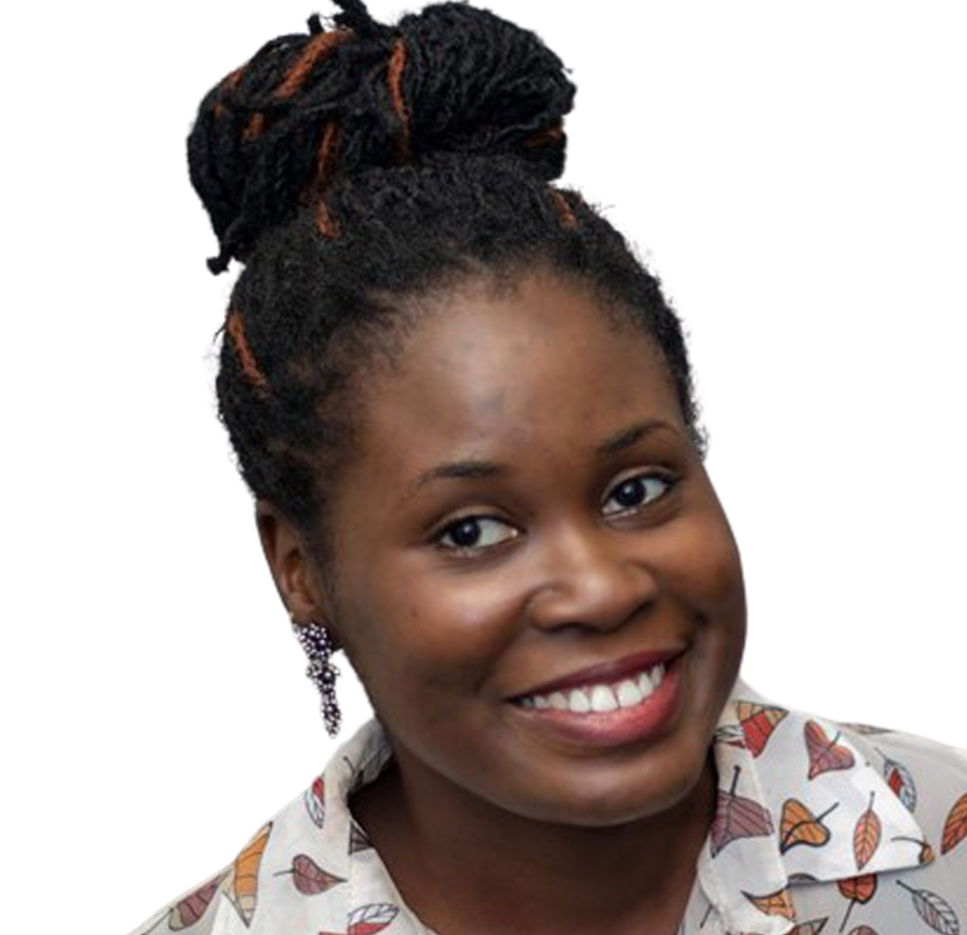During the Model African Union Bayreuth Conference 2022, the delegates will be able to discuss the following topics in one of the three Committees:
The Economic, Social and Cultural Council (ECOSOCC)

Judith Murungi

Jacob Krüger
The Economic, Social and Cultural Council was established by the Assembly of the African Union as an advisory organ in 2004. Its major tasks are the discussion and promotion of the objectives, visions and policies of the AU and the provision of consultancy services. As the ECOSOCC is composed of representatives of African Civil Society Organisations (CSOs), it provides the opportunity of active public participation in AU policy making and thus functions as a link between the AU and the people. Each member state is represented by two CSOs. The members of the ECOSOCC are working in ten different committees, which focus on various focal points at the regional or continental level, for instance, Social Affairs & Health, Trade & Industry, Peace and Security and Diaspora. The ECOSOCC has its own General Assembly.
Topic A:
The fight for the restitution of art: possibilities of intervention from the perspective of the African diaspora
Topic B:
The sixth region of Africa: how to (re-)integrate heritage through citizenship
STC on Migration, Refugees and Internally Displaced Persons (IDPs)

Edlawit Tilahun

Edidiong Ibanga
Specialised Technical Committees (STCs) are thematic Committees and are answerable to the Executive Council. Each STC is composed of Member States’ ministers and senior officials responsible for sectors falling within their respective areas of competence. The STC on Migration, Refugees and Internally Displaced Persons (IDPs) functions include strengthening mechanisms for effective humanitarian response on the continent through the establishment of an African humanitarian agency; strengthening protection and assistance for populations in need of humanitarian assistance through the formulation and implementation of AU guidelines; strengthening measures to popularise international humanitarian law and principled action; discussing Africa’s first comprehensive Humanitarian Policy Framework, including guidelines on disaster management, epidemic response, and the role of the African Standby Force in humanitarian and disaster situations.
Topic A:
Intersectionalities in times of war: the case of African refugees in the Russia-Ukraine war
Topic B:
The scope and challenges of the African Union passport: economic, social and political (underpinning) aspects for intercontinental movement
STC on Education, Science and Technology

Arushi Sharma

Ny Aina Fanomezantsoa Razanoelison
The Specialized Technical Committee on Education, Science and Technology works on elaborating, adopting and monitoring the implementation of the African Continental Strategy for Education and the Continental Strategy for Technical and Vocational Education and Training; ensuring the Member States provide education data to the African Observatory for Education and the African Observatory of Science, Technology and Innovation (AOSTI); establishing performance indicators for and receiving reports from relevant national, regional and continental agencies and institutions; monitoring the implementation of the Science, Technology and Innovation Strategy for Africa (STISA 2024); engaging with the Member States, international development partners and the African Diaspora to mobilise resources; overseeing the promotion, coordination and strengthening of programmes in response to the Sustainable Development Goals.
Topic A:
Towards a democracy of knowledge: Decolonizing African education systems and establishing pan-African knowledge platforms with support of the diaspora
Topic B:
Innovations from Africa: Circulating African-sourced knowledge around the globe